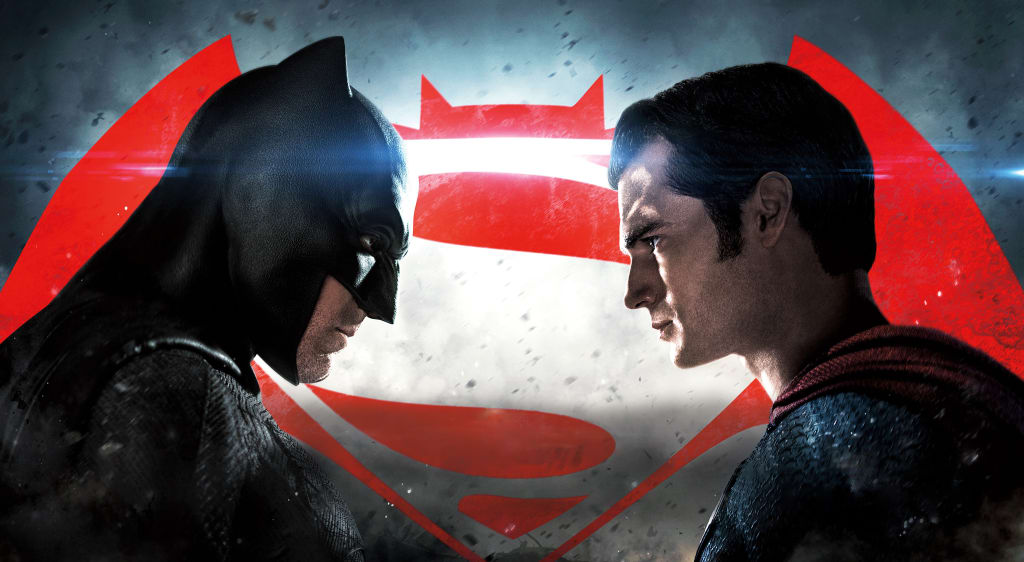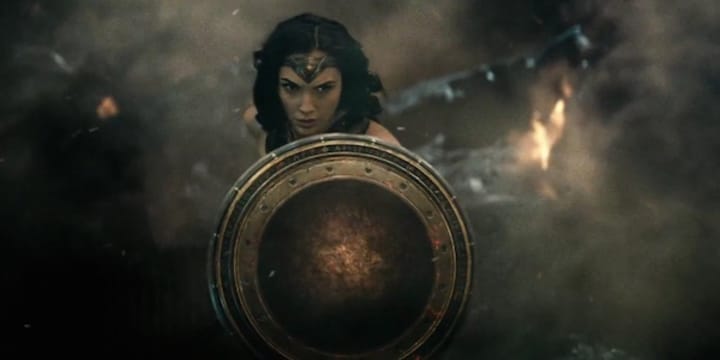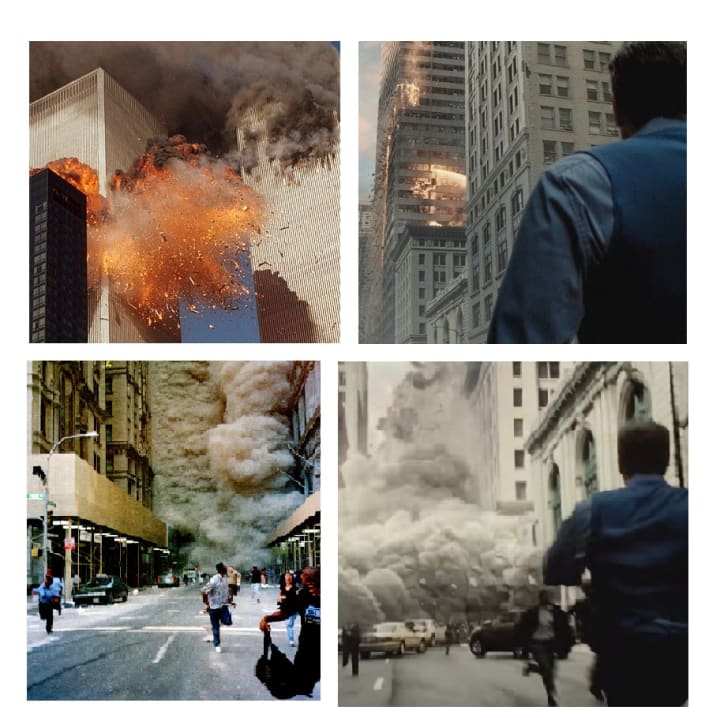Batman v. Superman's Islamaphobic Message
Where Batman v. Superman really went wrong was with its message.

For the record, I wouldn't be discussing this film if I didn't think there was anything new to say about it. Removing myself from the hordes on both sides, arguing as to whether this a good or bad film — although I decidedly resign myself to the latter — I want to address ultimate failing of this adaptation. However, in order to do that, we must address why other films of the same genre have resonated with us before after. Films such as Iron Man (2008), The Dark Knight (2008) and Logan (2017).
To put it plainly, it's because they were made both socially relevant and relatable.
Just under a decade later, Iron Man is still incredibly well-received, not simply because of its writing and Robert Downey Jr.’s performance, but because it addressed real-world events, such as America’s financial investments in various Middle Eastern conflicts. Simultaneously raising awareness and condemning the profits derived from warmongering, it set the trend for superhero films, encouraging subsequent films to do the same thing the comics have been doing since their conception. Using popular icons to draw attention to the relevant issues at hand, calling on themes of morality and compassion to incite change. The superhero genre has always been potent as it has been relevant.
This is why Logan has come to be so well-received today because it addresses the current paradoxical exhaustion we feel towards superheroes amidst the oversaturation of cookie-cutter Marvel films.
But Batman v. Superman had the potential to cast our minds back to a purer question of morality, unaffected by the contemporary complexities of neo-liberalism and capitalist exploitation.
Wonder Woman Leads by Example

Wonder Woman: one of the few things that holds up in the DCEU
It could have returned us to a simpler time, much like Wonder Woman (2017), which overthrew multiple debates on the details of war with a powerful message about compassion and a deeper humanity.
Instead, the thematic failures of Batman v. Superman: Dawn of Justice (2016) boil down to the film's inability to understand and convey the potency of its own subject matter. Dealing with conflicting ideologies in regards to immigration, in a time where it's never been more relevant, the film unintentionally promotes the destruction of an alien refugee who is held accountable for the radical actions of few extremists from his planet.
I honestly don’t think it takes much insight to see the immigration vs. anti-immigration argument set up in Batman v. Superman: Dawn of Justice. As news reports and interviews shout xenophobic parallels at the audience about the danger of accepting "aliens" into America, we are meant to shut off our brains and merely view it as spectacle.
Some might argue that these are the opinions of the villains in the film and I would readily agree if it wasn't Batman himself running a personal one-man-campaign to take down Supes. Why? Because "that sonofabitch brought the war to us!"
Correct me if I'm wrong, but Batman is no doubt spinning a narrative about an outsider that is false, propagating intolerance. And while I'm not saying the parallels between Kryptonians and Muslims are intentional, but unfortunately, they're all too obvious to ignore.
Superman represents an alien population, as he always has. But unlike in the comics (Hell! Unlike in Superman Returns! Yeah! That abomination!), for some reason, Superman being an outsider is seemingly problematic! In Batman v. Superman, he seems to represent the potential enemy that Trump — I mean, Bruce Wayne — is willing to wage war against.
Some might argue, in favour of the film, that he’s wrongly accused Superman to deliberately draw attention the recently vilified populations, suggesting that it’s as contextually progressive as other works. But the narrative never really makes a strong case for how Superman is, in fact, an emblem for peace and compassion. The visual resemblance of 9/11 and destruction of Metropolis in this film alone makes a case against these associations.
Seriously, watch Ben Affleck run into the clouds of dust in the wake of collapsing buildings and tell me you don’t see the likeness between the two events.
These parallels aren't subtle.

9/11 (Top Left and Bottom Left) BvS (Top Right and Bottom Right)
In the end, Superman’s overpowered nature and destructive tendencies, even when located in an African village, suggest that he is capable and even unintentionally inclined towards hurting innocent people, which ultimately justifies the Trump-esque prejudices toted by the Dark Knight.
The film clumsily mishandles political gravitas that comes with Superman, keeping him quiet for the majority of its run-time, when the most compelling aspect of the character is his voice. In misusing him, his supposed invincibility reflects onto the outsiders and the minorities he represents. This conveys the message that he — and therefore: they — are near invulnerable and thus a significant threat not just the West, but the world.
About the Creator
Joshua Saffold-Geri
Joshua is a screenwriter and essayist living in Manhattan, NYC.






Comments (1)
Yeah that’s the fucking point. Ben was an avid opponent against the post 9/11 Islamophobia. Batman is a broken person with a bitter worldview until Superman snaps him out of it. Until bagman sees this “threat” is human like him. The movie is anti Islamophobia. It condemns his actions. You’d have to be a moron to miss that.